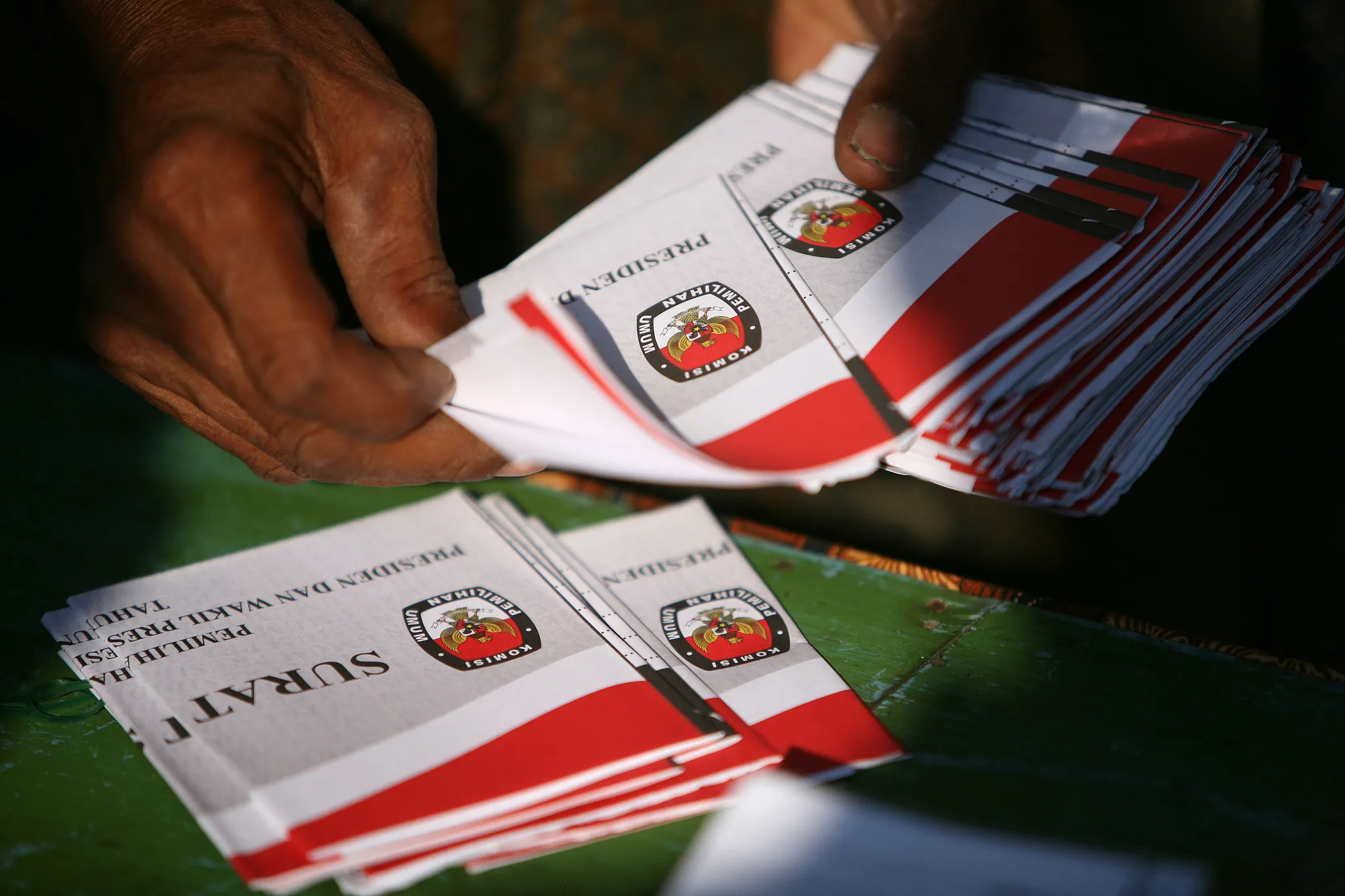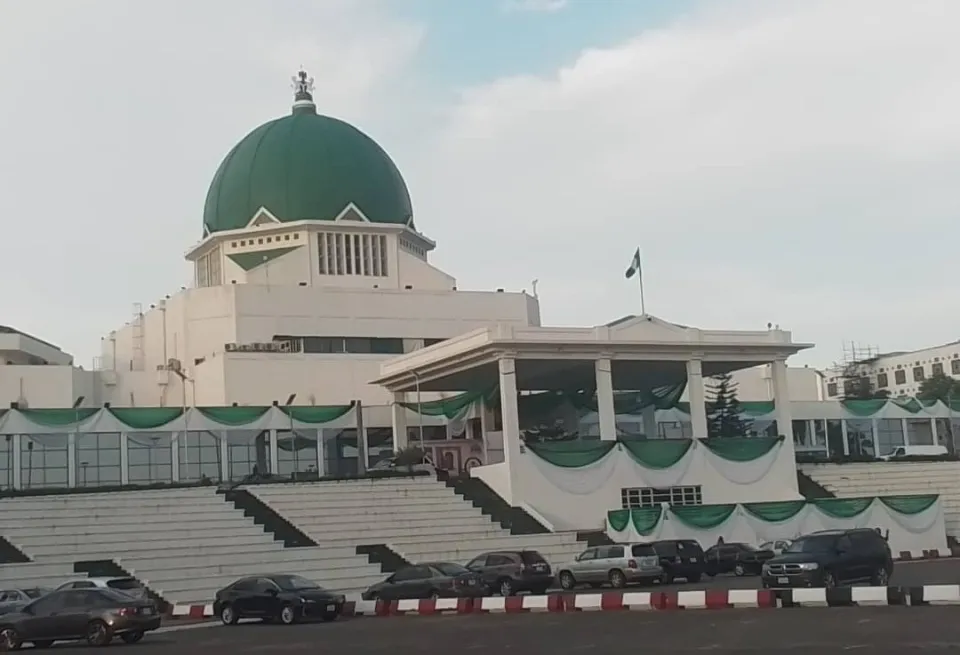Five things you may not know about Indonesia’s regional elections

Indonesian voters in seven provinces, 76 regencies and 18 cities will go to polls on15 February 2017, to elect their governors, regents and mayors respectively. As elections take place somewhere around the world every day, these elections may not seem extraordinary. However, there are five things that may make them stand out in your minds.
- More than 700 regional elections took place in Indonesia
Between 2005 and 2015, more than 700 regional elections took place in Indonesia as per the varying ending dates of the Head of Regions tenures. This resulted in roughly 10 regional elections happening somewhere in Indonesia every month. After almost 10 years of spiralling elections costs, tedious monitoring, rampant vote buying and dwindling voter turnout, lawmakers decided that it was time to make all regional elections to take place simultaneously. However, given that each region’s head end their terms at different times within a five-year timeframe, the lawmakers had taken an incremental approach towards concurrent elections by pooling several regions’ elections in accordance to their respective end of terms. As a result, the first truly concurrent regional elections will take place in 2024 as the figure below illustrates.
- National media are pinned to just one race
National media coverage has been dominated by the race for governors's post in Special Capital Province of Jakarta. If you watch everyday political news on Indonesia’s Jakarta-based national media, particularly on television, the stories are dominated with what is happening in Jakarta. The other 100 races are almost unheard of. People’s attentions, even those who are not eligible to vote in Jakarta’s gubernatorial election. Reason being that head of Jakarta elections are viewed as potential launching pad for future Presidential candidates in 2019. While this seems to be a natural phenomenon in Indonesia, one wonders the importance of regional politics in this decentralized unitary state.
- It is not small
The Presidential Elections of France this April are already receiving much of international attention and space in the news. Even though only 101 out of more than 700 regions in Indonesia will go to polls tomorrow, at 41 million registered voters, it is only a little less than the number of registered voters in that European nation. These regional elections are by no means small and the General Elections Commission of Indonesia is treating these elections with utmost seriousness. The number of voters and regions involved tells the story of Indonesia's size. As the figure below shows, the voters’ list is disaggregated by gender, first time voters and voters with disabilities. The latter is a commendable feat where the Indonesian electoral management body did their best in recording voters amongst people with disabilities. However, a lot of work still needs to be done because only 50,097 (0.12 per cent) of them were registered. While the exact number of people with disabilities in Indonesia is still unknown, it is estimated that there are 10-20 per cent of them within the entire population.
- It has single-ticket elections
There are number of complicated requirements for candidates to run as independent in Indonesia. It is also not easy for a political party to field candidates. As a result, there is a possibility for single-ticket races to exist, particularly at regency- and city-level elections. In anticipation, Indonesia’s law has regulated how these races should be administered. The figure below shows how the ballot in such races look like. Voters have the choice to either vote for the candidate pair or for the empty box next to them. At such races, the candidate pair will have to receive more than 50 per cent of the votes cast. Otherwise, the election will have to be repeated a year later. In the regional elections of 2015, there were three single-ticket races, but on 15th February there will be nine. Food for thought: should lawmakers make it easier for independent candidates to run?
- It is a test of voter behaviour
Jakarta’s gubernatorial elections are drawing special attention due to the controversial incumbent Governor, Basuki Tjahaja Purnama or otherwise known by his nickname, Ahok. He rose to fame when he successfully ran as the running mate of the then underdog Joko Widodo in the 2012 gubernatorial elections. Joko Widodo, who is more popularly known as Jokowi, eventually won the presidential elections in 2014, leaving Ahok to succeed him as Governor. Many Jakartans have observed that since 2012, number of improvements are visible. Civil servants are now more efficient and use of public money is more transparent. However, Ahok is a double minority. He is a Christian amongst the Muslim majority and he is of Chinese descent in this Malay-majority country. Some conservative groups have always met these facts with uneasiness. Last October, Ahok was accused of being blasphemous towards Islam and the Qur’an. Criminal case is currently being heard at a district court in Jakarta. This has added to the controversy and thus, made the election race more heated. For the rational voters, Ahok’s accomplishments as Governor will not go unnoticed. But, for the emotional voters, Ahok’s alleged blasphemy may not be forgien. Which type of voter will win, we shall see.




